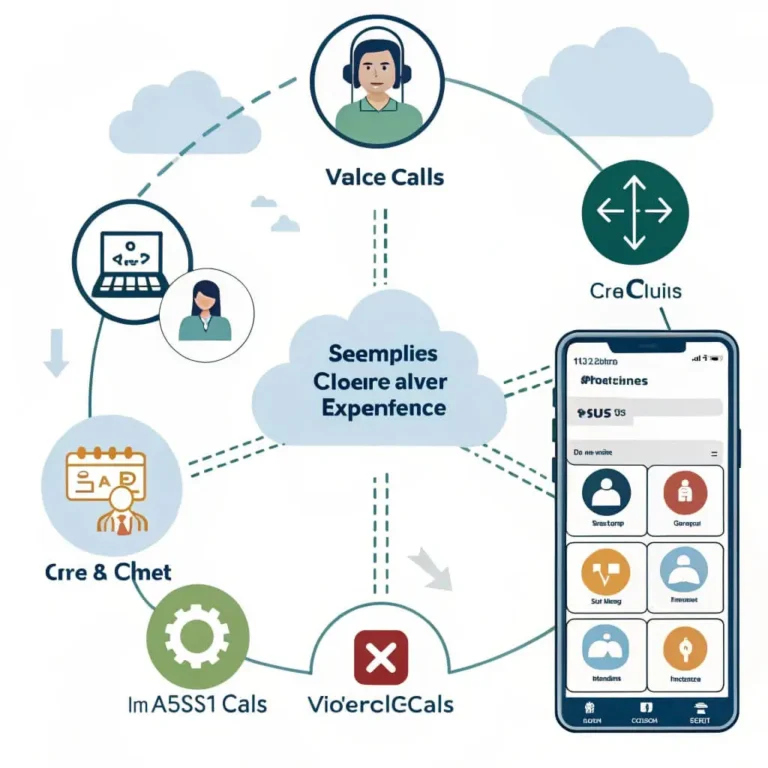
What Do You Need to Start an Internship as a Data Analyst
Data analysis is one of the fields in which data is in demand at the moment. Companies will not make a smart move without relying on data insight. If you opt for a data analyst internship, you should know about the skills, tools, and basic knowledge required to go forward with this opportunity. Let’s help you understand what it would take to get and nail an internship as a data analyst.
Role of Data Analyst
Before an internship starts, a person should know the bare fundamentals of what a data analyst is to do. Data analysts make an effort to gather huge amounts of data, put that data into order, and then try to analyse huge volumes of data in terms of trying to determine some trends or patterns. Someone takes complex numbers and helps to simplify them so they may be translated into plain old English to help a business make better decisions. Experience is typically learned under seasoned analysts’ tutelage with internships.
Skills to Begin with at the Start of a Data Analyst Internship
One cannot possibly start a data analyst internship without strong groundwork on some skills. Key ones that you need to consider include the following basic ones:
- Basic Math and Statistics
You need a perfect mastery of math, which focuses mainly on statistics since they enable you to make proper data interpretations and identify appropriate patterns, averages, as well as variations in it.
Some of the frequently used concepts by data analysts to make sense of numbers are mean, median, mode, probability, and standard deviation.
- Data Cleaning Skills
Data mostly comes raw, with many errors or irrelevant entries, and data cleaning is an inevitable task. Data cleaning removes incorrect, incomplete, or duplicated data.
Interns should know how to clean and prepare the data so that it is error-free and ready for analysis.
- Familiarity with Data Visualization
Data analysts use charts and graphs frequently to help explain findings. Being able to create visual representations of data makes insights more communicable.
Commonly used tools in an internship include Excel, Tableau, or Google Data Studio to make data visual and understandable.
Tools and Software You’ll Need to Know
Working with data, of course, requires the usage of specific tools and software. When you work at a data analyst internship, you will probably find most of the following tools being used:
- Microsoft Excel
Excel is used for sorting, filtering, and also analysing data. So, much work and productivity would be saved if a person knew how to use formulas, pivot tables, and graphs.
Logically, Excel is a good beginning—it is everywhere and packs a lot of functions with the purpose of data arrangement and analysis.
- SQL
SQL is a language designed for handling and extracting information from the database. In business these days, most companies keep their data in a database, and knowing SQL becomes important because, with SQL, you can access your data and manipulate it.
Common SQL commands include SELECT, INSERT, UPDATE, and DELETE, which assist in the extraction and updating of information in databases.
- Python or R for Data Analysis
Some of the most popular languages used in data analysis include Python and R. As much as it is impossible to find an internship opportunity that demands programming skills, having some basic knowledge of Python or R will make you stand out.
Python is famous for being easy and offers libraries like Pandas and NumPy that facilitate a more streamlined approach to data analysis.
- Tableau or Power BI
Tableau or Power BI is very popular for visualizing data. You can prepare interactive dashboards and presentations to share your data insights.
Knowing how to use Tableau or Power BI might make you unique in the application for an internship because data visualization is quite a sought-after skill when it comes to analysts.
Building Your Portfolio for a Data Analyst Internship
A portfolio is simply the culmination of the projects that you do in data analysis in which your skills are illustrated to potential employers. The following shows how you might build a simple yet effective portfolio:
- Start with personal projects
Select small datasets, and try to analyse them. You can find the free datasets online in some areas like finance, health, or sports. Analyse, create visualizations, and write a summary of your results.
Keep your projects pretty simple, but they still have to show that you can work with data.
- Highlight Key Skills and Tools
For every project of yours, enumerate what tools and techniques you are employing, such as Excel, SQL, or whatever data visualization tools there are. This will allow the recruiter to know that you already have experience and exposure with the key tools, one of the needs for a data analyst.
- Share through Online Platforms
One nice use of GitHub and LinkedIn would be to share our projects. GitHub is generally nice for programming-based things. LinkedIn can be quite handy for visually presenting more content about your work.
Soft skills for success on the job as a data analyst
While technical skills contribute hugely to a data analyst’s work, soft skills add much to the importance and value of the results as well. Here are some soft skills that matter to a data analyst career very much:
- Attention to detail
Besides, working with data requires accuracy to a high degree. Very small errors can lead to incorrect analysis, so all details must be paid very good attention.
- Problem-Solving Skills
Data analysts also face many problems, whether simple or complex, such as understanding complex data or having solutions when tools do not operate well. Good problem-solving skills help you approach tasks with effectiveness.
- Communication Skills
Data analysts have to explain their findings to others who do not understand much about data. The skill of speaking complex ideas simply is the essence of success.
- Flexibility
Data analysis is changing constantly as new tools and techniques are available in the market. Being open-minded about learning new skills would help you keep up with changes in the industry.
Conclusion
After an internship, most graduates look forward to higher skill acquisition through a data analytic bootcamp. Most boot camps train and provide profound insights into analysing data using advanced tools as well as methods within an accelerated time frame. Further career development in data analysis means getting hands-on projects combined with intensive learning; these are all excellent options other than completing an internship.
You may also like: Employer Of Record






